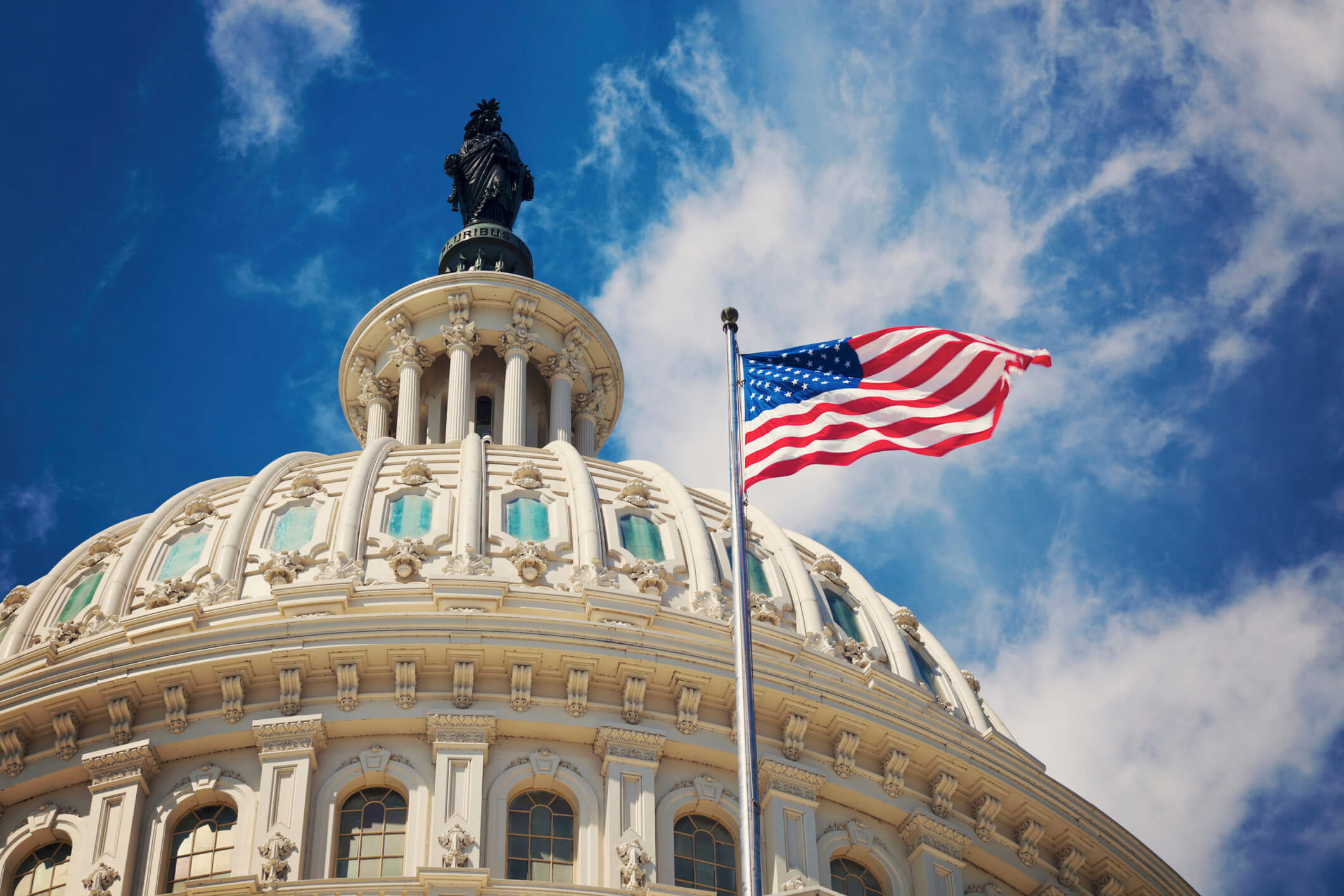FTC Prohibits Non-Competes. On April 24, 2024 the Federal Trade Commission voted 3-2 to finalize its Non-Compete Clause Rule, which effectively prohibits the use of non-compete provisions. The rule fulfills—at least for the time being—a 2020 campaign promise that then-presidential candidate Joe Biden made to “eliminate all non-compete agreements.” The sweeping rule contains an expansive definition of non-compete agreements, which includes other contractual arrangements such as certain nondisclosure and training repayment agreements. The rule also applies retroactively by invalidating non-compete contracts that have already been negotiated and bargained over. If this sounds a lot like contract law, you’re spot on. As contractual agreements, non-competes have traditionally fallen under the purview of state contract law. This is part of why the employer community is so concerned with the FTC’s action. Already, multiple legal challenges have been filed challenging the regulation. Scott R. McLaughlin, Christine Bestor Townsend, James J. Plunkett, and Tobias E. Schlueter have the details.
DOL Finalizes Overtime Changes. On April 23, 2024, the U.S. Department of Labor’s (DOL) Wage and Hour Division released its regulation, “Defining and Delimiting the Exemptions for Executive, Administrative, Professional, Outside Sales, and Computer Employees.” As suspected, the final regulation increases the salary threshold for exempt status (i.e., employees making below this prescribed status will automatically be eligible for overtime pay), increases the highly compensated employee (HCE) exemption, and includes an automatic salary escalator provision. The regulation takes a tiered approach to increasing the salary threshold. Beginning on July 1, 2024, the figure will jump from the current $35,568 to $43,888. The figure will then increase to $58,656 on January 1, 2025. In addition, beginning July 1, 2027, this salary threshold level will automatically update—without notice-and-comment rulemaking—every three years. Charles E. McDonald, III, Keith E. Kopplin, and Zachary V. Zagger have the details. If this all sounds familiar, recall that DOL attempted a similar increase of the salary threshold in 2016, only to have it invalidated in federal court. The Buzz expects no shortage of legal challenges this time around, too.
DOL Issues Final Fiduciary Rule. On April 25, 2024, the DOL’s Employee Benefits Security Administration published a final rule entitled, “Retirement Security Rule: Definition of an Investment Advice Fiduciary.” According to the rule’s preamble, “The final rule defines when a person is a fiduciary in connection with providing advice to an investor saving for retirement through a workplace retirement plan or other type of retirement plan such as an IRA.” Pursuant to the final rule, an individual will be considered an investment advice fiduciary if he or she provides a recommendation (for a fee) while (1) either directly or indirectly making professional investment recommendations to investors on a regular basis; or (2) while representing or acknowledging that he or she is acting as a fiduciary. DOL states, “The final rule is designed to ensure that retirement investors’ reasonable expectations are honored when they receive advice from financial professionals who hold themselves out as trusted advice providers.” Like the overtime rule, DOL issued a similar fiduciary rule in 2016 that was also struck down.
OSHA Publishes 2023 Injury and Illness Statistics. Late last week, the Occupational Safety and Health Administration published 2023 workplace injury and illness data. The data includes “specific information submitted by more than 375,000 establishments on OSHA Form 300A Summary of Work-Related Injuries,” as well as “partial data from more than 850,000 OSHA Form 300 Log of Work-Related Injuries and Illnesses and Form 301 Injury and Illness Incident Report records.” Covered employers are required to submit the data annually pursuant to OSHA’s Improve Tracking of Workplace Injuries and Illnesses regulation published in July 2023.
DOL on the Clock for AI Best Practices. April 27, 2024, is the deadline for the DOL to issue best practices pursuant to President Biden’s Executive Order on the Safe, Secure, and Trustworthy Development and Use of Artificial Intelligence. The executive order (EO), issued on October 30, 2023, gives DOL 180 days to “publish principles and best practices for employers that could be used to mitigate AI’s potential harms to employees’ well-being and maximize its potential benefits.” Other employment policy–related directives in the EO, such as guidance relating to AI and the Fair Labor Standards Act and guidance for federal contractors regarding nondiscriminatory hiring involving AI, are either not time bound, or are due within one year of the EO, respectively.
Senator Collins Makes History. Nearly five years ago, the Buzz wrote about Senator Susan Collins’s (R-ME) voting streak, which at the time was 7,000 in a row without missing a single vote. Fast-forward to April 19, 2024, and Collins’s streak now stands at 9,000, which makes her the first senator ever to cast that many votes without missing a single roll-call vote. Collins cast her first vote on January 22, 1997, when she voted in favor of confirming Madeleine Albright as secretary of state. In terms of all-time votes cast, however, Collins still has a long way to go. That record belongs to the late Senator Robert C. Byrd (D-WV), who in his fifty years in the U.S. Senate cast 18,689 votes.
The Buzz will be on hiatus next week because we will be attending Ogletree’s 2024 Workplace Strategies seminar in Washington, D.C.





